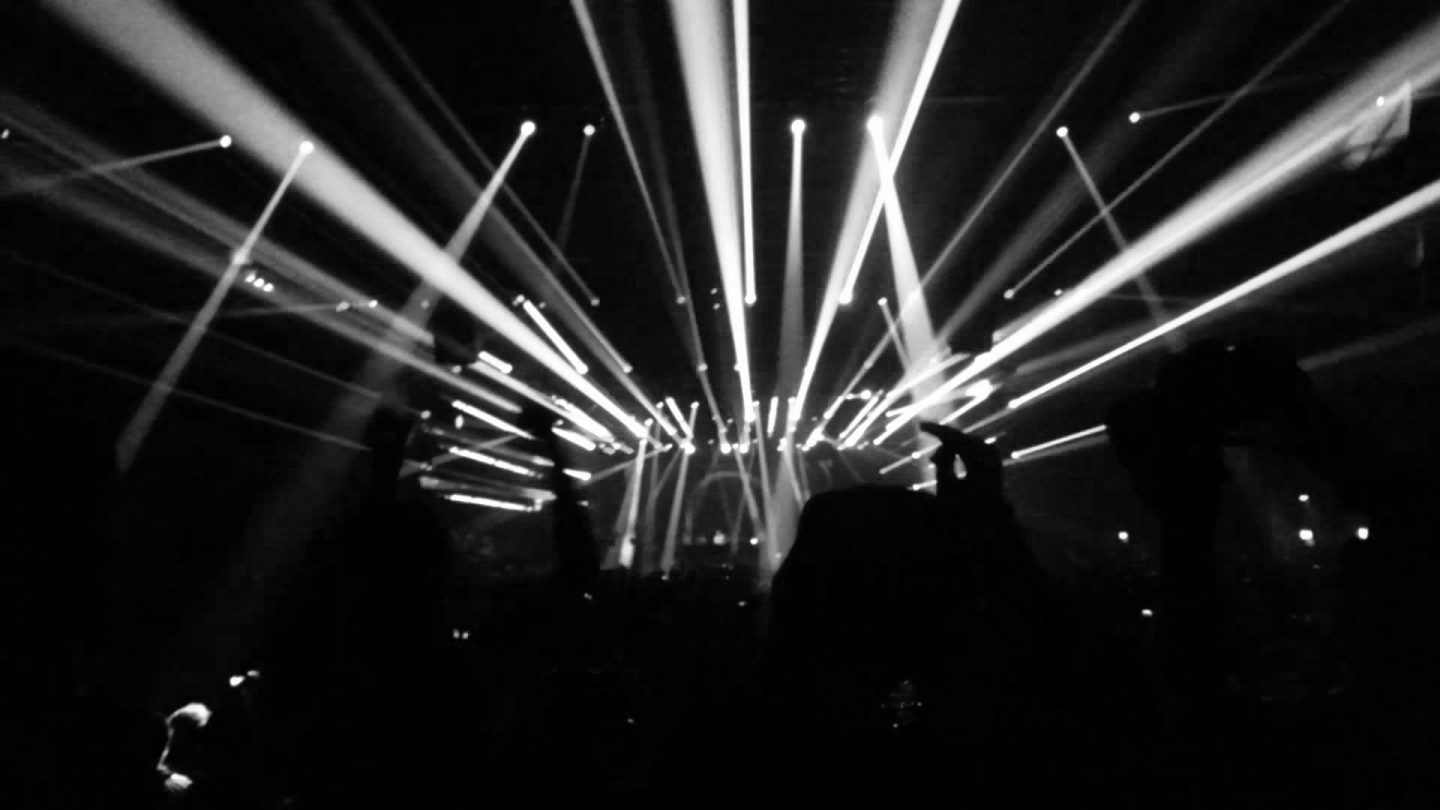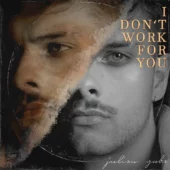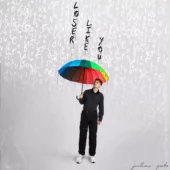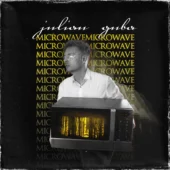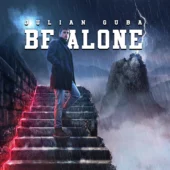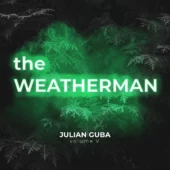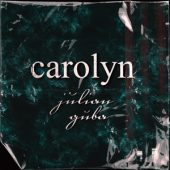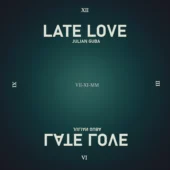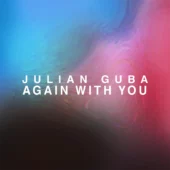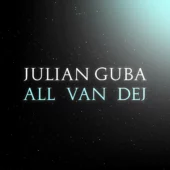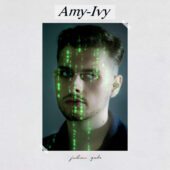Electric House Music: A Genre of Endless Possibilities
Did you hear my songs already?
Electric house music has taken the world by storm, offering endless possibilities in the electronic music scene. With its unique blend of elements from different genres, electric house music has become a staple of clubs and festivals worldwide. This article explores the history, characteristics, and evolution of electric house music, highlighting its impact on the music industry and the culture that surrounds it.
Table of Contents
- Introduction
- What is Electric House Music?
- The Origins of Electric House Music
- Characteristics of Electric House Music
- Upbeat Rhythm
- Synthesized Sounds
- Repetitive Melodies
- Soulful Vocals
- Groovy Basslines
- The Evolution of Electric House Music
- Subgenres of Electric House Music
- Deep House
- Tech House
- Progressive House
- Future House
- Electro House
- Impact of Electric House Music on the Music Industry and Culture
- Famous Electric House Music Artists
- Electric House Music Festivals and Events
- Conclusion
- FAQs
What is Electric House Music?
Electric house music is an electronic dance music genre that emerged in the early 1980s. It is characterized by its fast and upbeat rhythm, synthesized sounds, and repetitive melodies. Electric house music incorporates elements from different genres, such as disco, funk, and soul, giving it a unique and diverse sound.
Electric house music is often associated with clubs and festivals, where people gather to dance and enjoy the music. Its popularity has grown over the years, and it has become a staple of the electronic music scene.
The Origins of Electric House Music
Electric house music originated in Chicago in the early 1980s. DJs and producers experimented with electronic instruments and incorporated elements from disco, funk, and soul music. They created a new sound that became popular among club-goers and eventually evolved into what we now know as electric house music.
One of the pioneers of electric house music is Frankie Knuckles, who is often referred to as the “Godfather of House Music.” He was a resident DJ at the Warehouse, a club in Chicago where he played a mix of disco, funk, and soul music. His unique sound and style influenced many other DJs and producers, and he is credited with helping to shape the electric house music genre.
Characteristics of Electric House Music
Electric house music has several characteristics that make it unique and distinguishable from other electronic dance music genres. Some of these characteristics include:
Upbeat Rhythm
Electric house music has a fast and upbeat rhythm that is designed to get people moving on the dancefloor. The rhythm is often created using drum machines and other electronic instruments, giving it a unique and energetic sound.
Synthesized Sounds
Electric house music relies heavily on synthesized sounds, which are created using electronic instruments and software. These sounds are often manipulated to create unique and complex textures, adding depth and complexity to the music.
Repetitive Melodies
Electric house music is known for its repetitive melodies, which are often built around a simple chord progression or riff. These melodies are designed to be catchy and easy to dance to, creating a hypnotic effect that keeps people moving on the dancefloor.
Soulful Vocals
Electric house music often incorporates soulful vocals, which are used to add emotion and depth to the music. These vocals are often chopped up and manipulated to create new and unique sounds.
Groovy Basslines
Electric house music has a strong emphasis on basslines, which are often groovy and funky. These basslines are designed to be danceable and add energy to the music.
The Evolution of Electric House Music
Electric house music has evolved over the years, with new subgenres and variations emerging to keep the genre fresh and exciting. As technology has advanced, so has the ability of producers to create new and innovative sounds, pushing the boundaries of what is possible within the genre.
Subgenres of Electric House Music
There are several subgenres of electric house music, each with its own unique characteristics and sound. Some of the most popular subgenres include:
Deep House
Deep house is a subgenre of electric house music that is characterized by its slower tempo and soulful, atmospheric sound. It often incorporates elements of jazz, funk, and soul music, and is designed to be more laid back and relaxed than other subgenres of electric house music.
Tech House
Tech house is a subgenre of electric house music that combines elements of techno and house music. It is characterized by its hard-hitting beats and stripped-down sound, and frequently features dark and atmospheric textures.
Progressive House
Progressive house is a subgenre of electric house music that is characterized by its melodic and uplifting sound. It typically features long, building tracks that gradually increase in intensity, creating a sense of anticipation and excitement on the dance floor.
Future House
Future house is a subgenre of electric house music that is characterized by its bouncy, energetic sound. It frequently incorporates elements of bass line and UK garage music, and features a heavy emphasis on synth stabs and catchy melodies.
Electro House
Electro house is a subgenre of electric house music that is characterized by its hard-hitting beats and aggressive sound. It often features distorted basslines and heavy use of synthesizers, and is designed to be more intense and energetic than other subgenres of electric house music.
Impact of Electric House Music on the Music Industry and Culture
Electric house music has had a significant impact on the music industry and the culture that surrounds it. It has influenced the development of other electronic dance music genres, and has helped to shape the sound of popular music over the past few decades.
Electric house music has also had a significant impact on club culture, where it has become a staple of dance floors around the world. It has created a sense of community and shared experience among club-goers, and has helped to define the social and cultural landscape of nightlife.
Famous Electric House Music Artists
There have been many famous electric house music artists over the years, each with their own unique sound and style. Some of the most famous artists include:
- Daft Punk
- David Guetta
- Calvin Harris
- The Chemical Brothers
- Armand Van Helden
- Deadmau5
- Swedish House Mafia
- Disclosure
Electric House Music Festivals and Events
There are many electric house music festivals and events that take place around the world, providing a space for fans to come together and enjoy the music. Some of the most popular festivals include:
- Tomorrowland
- Ultra Music Festival
- Electric Daisy Carnival
- Creamfields
- Coachella
Conclusion
Electric house music is a genre of endless possibilities, offering a unique and diverse sound that has captivated audiences around the world. With its upbeat rhythm, synthesized sounds, and soulful vocals, electric house music has become a staple of clubs and festivals, creating a sense of community and shared experience among club-goers. As the genre continues to evolve, it will undoubtedly continue to shape the sound of popular music and define the cultural landscape of nightlife.
FAQs
- What is the difference between house music and techno?
- House music is typically characterized by its four-on-the-floor beat and use of piano and soulful vocals, while techno is characterized by its use of synthesizers and drum machines to create a more industrial and futuristic sound.
- What is the history of electric house music?
- Electric house music emerged in the 1980s in Chicago, Illinois, where DJs began experimenting with electronic instruments and drum machines to create a new style of dance music.
- Who are some famous electric house music producers?
- Some famous electric house music producers include Daft Punk, David Guetta, and Calvin Harris.
- What are some other popular electronic dance music genres?
- Some other popular electronic dance music genres include techno, trance, dubstep, and drum and bass.
- Where can I listen to electric house music?
- Electric house music can be found on streaming platforms such as Spotify, Apple Music, and SoundCloud, as well as on radio stations and at clubs and festivals around the world.

